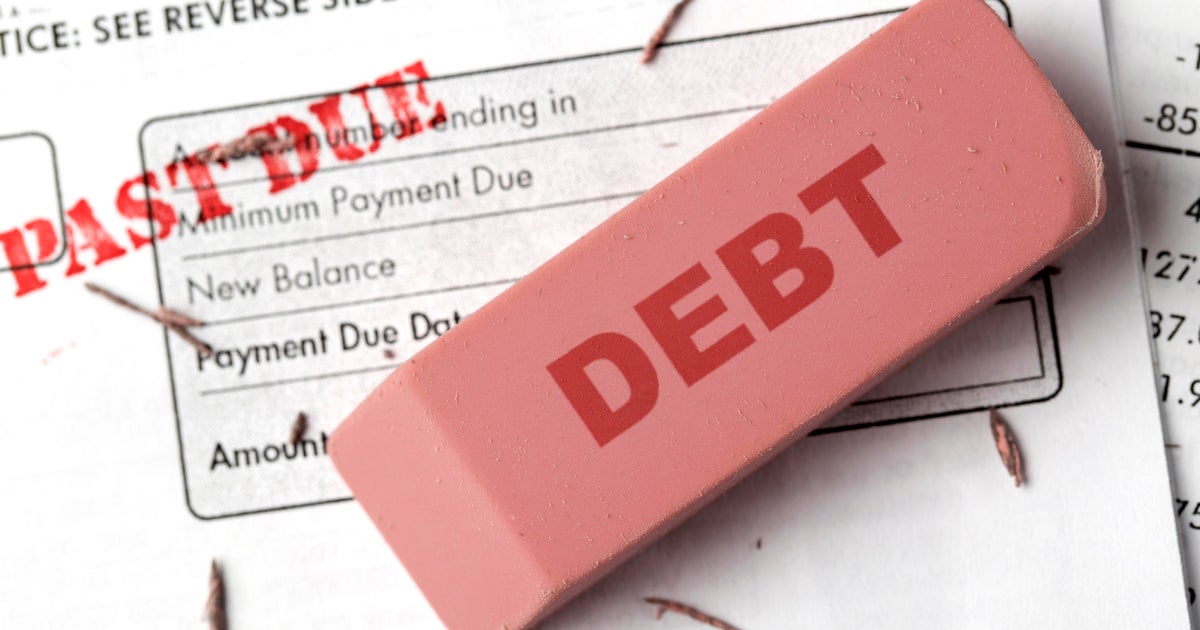Mortgage rates unlikely to dip this year, experts say
The highest mortgage rates in more than two decades have many Americans wondering when borrowing costs could recede. For now, the answer is murky, although some analysts think that rates on home loans have likely peaked.
The path for mortgages depends as ever on the Federal Reserve's plans for its benchmark short-term lending rate. And on that score there is more certainty: Wall Street investors overwhelmingly expect policy makers to leave rates unchanged when they release their latest readout on the state of the economy on Wednesday.
The rate on a 30-year fixed-rate mortgage is 7.18% 6.51% for a 15-year loan, according to Freddie Mac data. Those rates, along with higher home prices, have made it more challenging for the average American to purchase a house.
Mortgage rates don't always mirror the Fed's rate increases, but rather tend to track the yield on the 10-year U.S. Treasury note. Investors' expectations for future inflation, global demand for Treasurys and Fed policy can also influence rates on home loans.
For most Americans, finding a home they can afford is a tall task. Residential real estate prices have continued to rise this year amid a limited inventory of properties. Many homeowners who locked in lower interest rates during the pandemic have opted not to sell their home in fear of being faced with having to buy another house at today's elevated rates.
"It's always a nearly impossible task to predict mortgage rate movements, but there's no clear reason to expect a sizable drop in the near future," Nicole Bachaud, senior economist at Zillow, told CBS MoneyWatch.
The median sales price for existing homes rose 1.9% in July to $406,700 compared with a year earlier, although prices dipped slightly in the beginning of the year, according to recent data from the National Association of Realtors. That's an increase of 57% since January 2020, prior to the pandemic, when the median sales price for existing homes was $266,300.
For homebuyers, meanwhile, every percentage point matters. Jacob Channel, a senior economist at LendingTree, noted that a $350,000 home loan issued at a rate of 6.02% would result in a $2,103 monthly payment, but that would rise to $2,371 a month at the current rate of 7.18%.
"That's an extra $268 a month, an extra $3,216 a year and an extra $96,480 over the 30-year lifetime of the loan," he said.
Still, some Wall Street analysts believe mortgage rates may have peaked and predict that policy makers will cut the benchmark rate in the first half of 2024. For now, homebuyers applying for a mortgage over the rest of the year should expect rates of just over slightly 7%, Channel said.
"They probably won't return to their pandemic era lows anytime soon, if ever, but rates eventually trending back under 6% in 2024 or 2025 is certainly not out of the question," he said.



